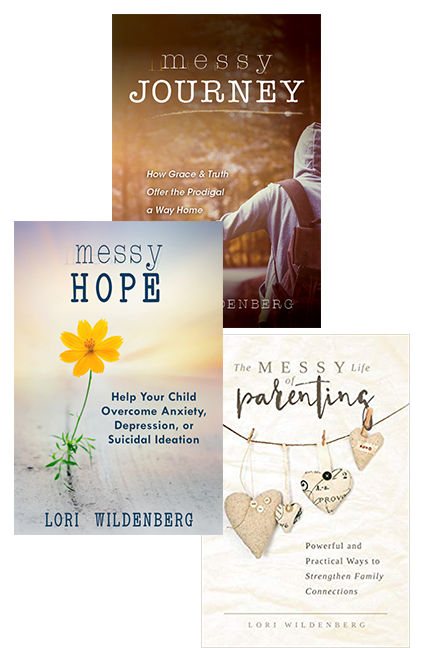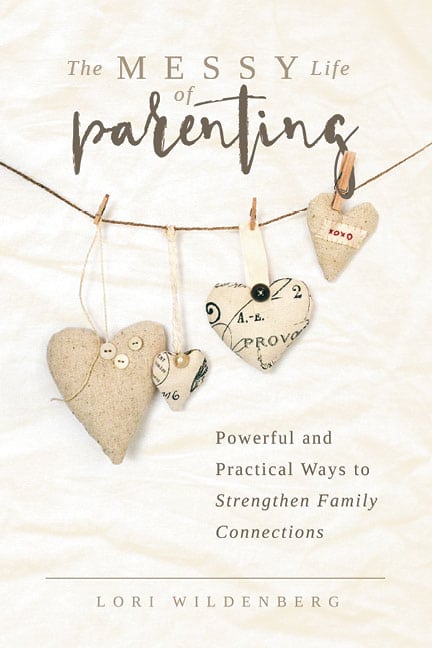Hear , O Israel:
The LORD our God, the LORD is one.
Love the LORD your God with all your heart and with all your soul and with all your strength. These commandments that I give you today are to be on your hearts. Impress them on your children. Talk about them when you sit at home and when you walk along the road, when you lie down and when you get up. Tie them as symbols on your hands ad bind them in your foreheads. Write them on the doorframes of your houses and your gates.
Deuteronomy 6:4-9 (NIV)
What would you say to the most important people in your life if you knew this would be the last time they heard from you? Would you talk about the weather, sports, or work? Most likely not. You would talk about the most important things in life like family traditions you want them to carry on, words of wisdom you want them to recall, and you would provide direction for the future. You would want them to be prepared going forward. Impactful messages that had lasting and eternal value would be the ones you would want to communicate.
Just like Moses did with the Israelites before they were going to cross over the Jordan into Canaan… without him.
Deuteronomy is Moses’ farewell speech. He had been on a journey of forty years with the Israelites, a journey from Egypt to Canaan that could have taken eleven days if one was to calculate the distance. But due to the condition of the Israelites’ hearts, preparation was needed to live in the land of milk and honey.
Moses’ final words remind the people of their history and what God had done for them. Moses reviews the principles for godly living; he calls the people to commitment and to obedience to the LORD, and prepares them for a change in leadership.
Just like Moses, leaving a legacy of faith is important to most Christian parents. We want our kids to be spiritually strong.
Last words carry weight but the real faith strengthening comes in the daily repeated messages that dads and moms send their children.
“I was born out of a sexually immoral relationship, but worse than that I never received the instruction and guidance that I would need later in life to protect myself. Instead my dad would crack casual remarks about an attractive woman who might be nearby instead of teaching me respect for her. He would tell me inappropriate jokes and was rarely serious about any sort of life issue. Now that I look back at my childhood I see that my dad was more of a “buddy” or a “hangout friend” than a father. I was completely unprepared for my adolescent and young adult years and I fell hard.” (Used by permission. A Father’s Walk, Matt Haviland, 2012, Grand Rapids, Michigan. All rights reserved.)
Moses exhorts the Israelite parents to take his last words and live them out daily, informally, and intentionally. “Talk about them when you sit at home and when you walk along the road, when you lie down and when you get up.”
He tells parents to talk, discuss, exchange thoughts, have conversations about faith in the context of relationship. Hang out and talk about God. No matter the time of day or place have these important faith building conversations with your children. Talk with them about what you believe.
How do you meld your faith-talk and faith-walk into your family’s daily life?
As your children grow, how do you encourage the transition from dependence on you, the parent, to personal responsibility and dependence on God?
Lord your word says, “Fathers do not exasperate your children; instead bring them up in the training and instruction of the Lord.” I pray that I do not embitter my children with unreasonable expectations. Help me to remember that children will behave in child-like ways. I pray that I am able to see where my children need to be built up and encouraged. I ask that the correction I deliver comes from a place of love and hope rather than condemnation and rejection. Amen
(Friends, You may want to checkout my friend and 1C13P team member, Matt Haviland’s book,
A Father’s Walk . Go to www.afatherswalk.org )






